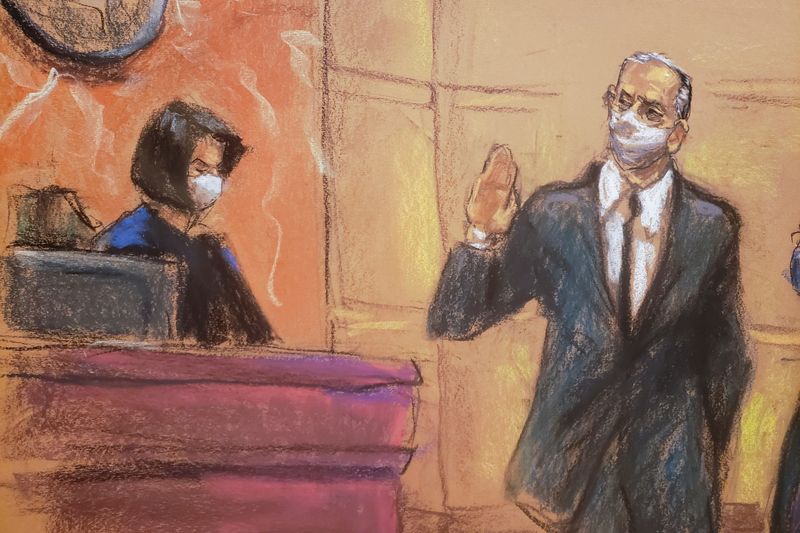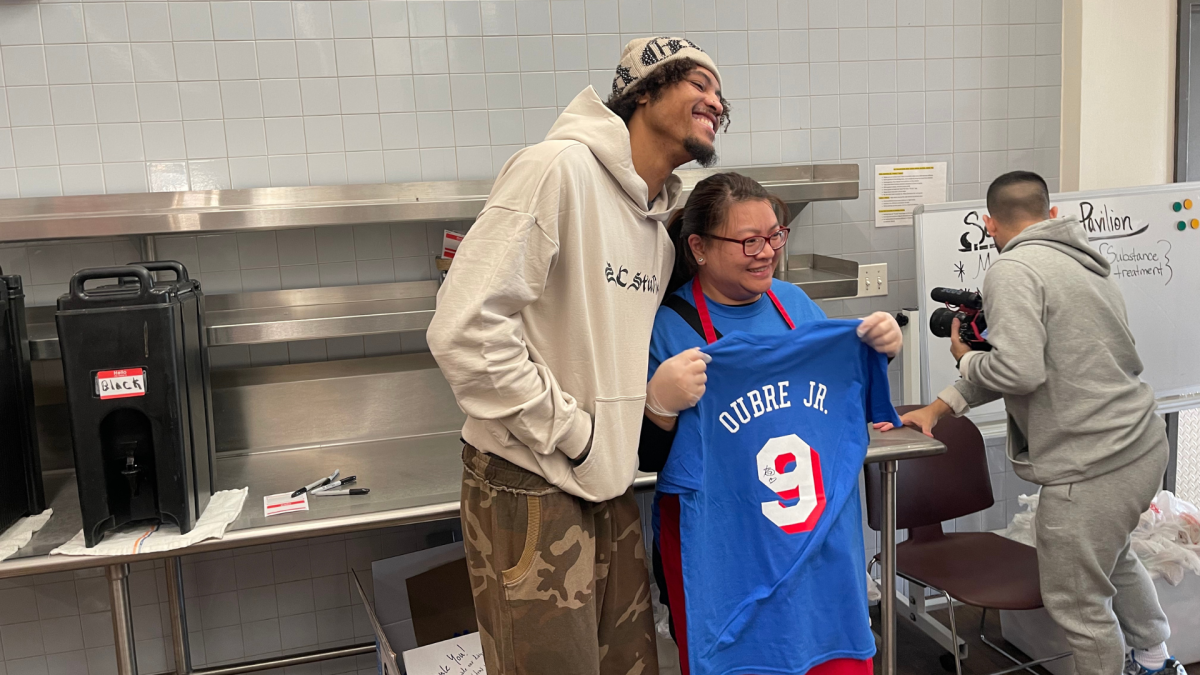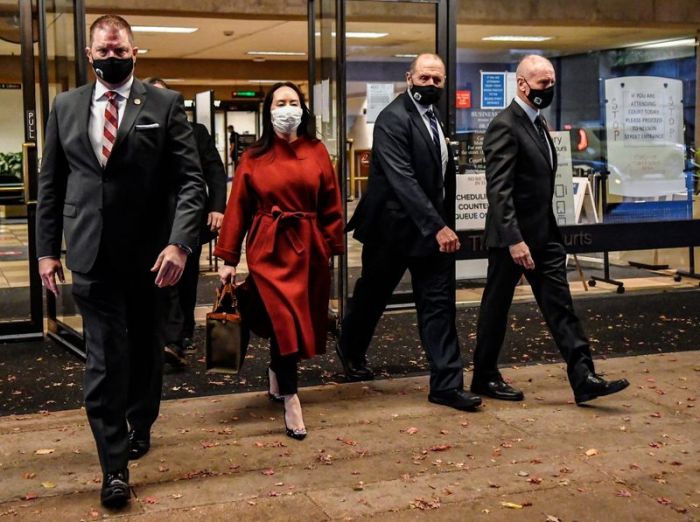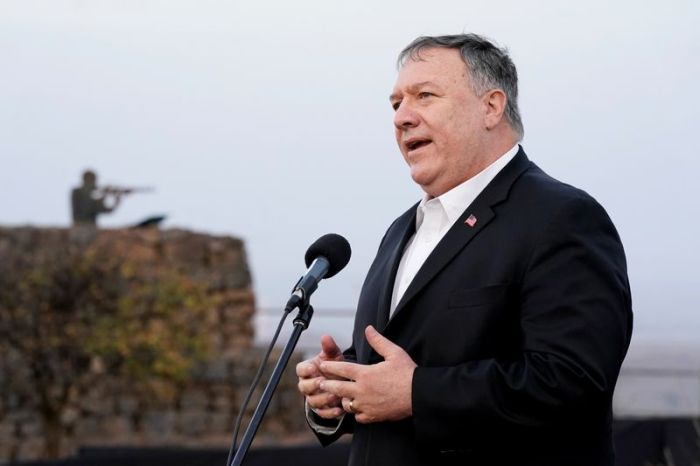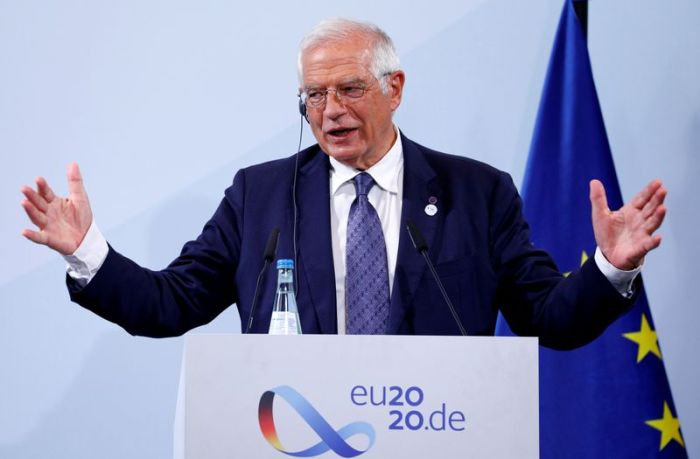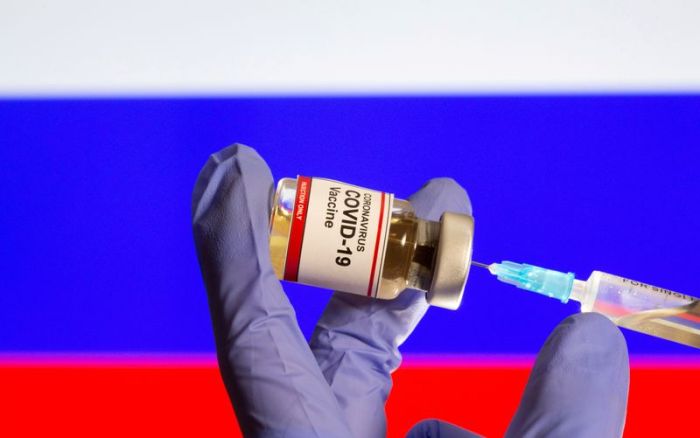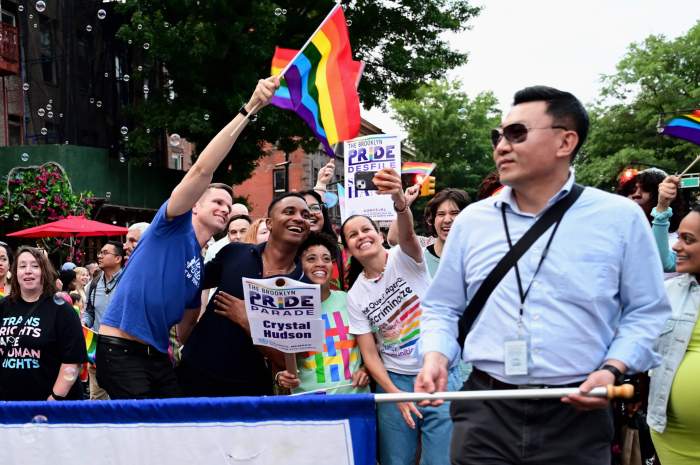MEXICO CITY (Reuters) – Mexican President Andres Manuel Lopez Obrador on Thursday said his government did not threaten to expel U.S. Drug Enforcement Administration (DEA) agents from Mexico in retaliation for former defense minister Salvador Cienfuegos’ arrest on American soil.
A federal judge on Wednesday granted a U.S. government request to drop drug charges against Cienfuegos and return him to Mexico, a move Mexico said would restore trust in the countries’ severely strained security ties.
Multiple U.S. news outlets reported that Mexico had threatened the expulsion of U.S. agents over the diplomatic dispute, but Lopez Obrador rejected these accounts during his regular morning news conference on Thursday.
“They are saying that we threatened to expel the DEA agents; we did not threaten anyone. The only thing we did was express our disagreement through diplomatic channels and they understood us very well,” the president said.
General Cienfuegos, defense secretary under Mexico’s then-President Enrique Peña Nieto, was arrested in October at the Los Angeles international airport and accused by U.S. prosecutors of collaborating with one of Mexico’s most powerful drug cartels.
Foreign Minister Marcelo Ebrard reiterated that Mexico had warned of a review of security cooperation in retaliation for not being given advance notice about the investigation and arrest, but emphasized there was no specific threat regarding expelling agents.
Both the Mexican president and foreign minister emphasized that Mexico was committed to conducting a proper investigation of the powerful general.
“We have no doubt that the attorney general’s office will carry out … an investigation commensurate with the prestige of Mexico and the dignity of our country,” said Ebrard.
“Those who are responsible, according to our laws, should be prosecuted, tried and, when appropriate, sentenced in Mexico by Mexico, and not in other countries,” Ebrard added.
Some international security analysts have questioned whether Cienfuegos will be properly prosecuted in Mexico.
“The Mexican attorney general may follow through on the pretense of investigating Cienfuegos, but as what happened in the U.S., nothing will come of it because he is untouchable,” Gladys McCormick, a security analyst at Syracuse University in New York told Reuters.
(Reporting by Ana Isabel Martinez and Raul Cortes; Additional reporting by Anthony Esposito; Writing by Laura Gottesdiener; Editing by Frank Jack Daniel and Bill Berkrot)

